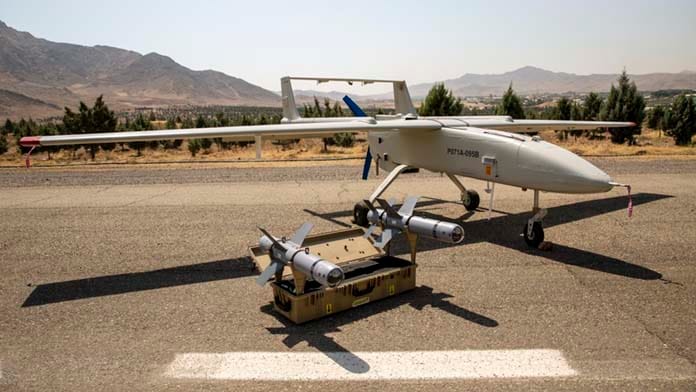Sudan is being ravaged by a civil war between the country’s generals. Outside powers are feeding the conflict—but on this occasion it is mostly a struggle between sub-imperialist regional powers, not the world’s biggest states.
Violence broke out between the Sudanese Armed Forces (SAF) and the paramilitary Rapid Support Forces (RSF) in April 2023.
Since then over 13 million people have been displaced, according to the International Organization for Migration. By September this year Tedros Adhanom Ghebreyesus, Director General of the World Health Organization, estimated over 20,000 had been killed.
The war has seen large scale atrocities including mass rape and ethnically motivated killings that amount to war crimes, according to the UN. In total 25.6 million people are in need of humanitarian aid—more than half the population.
Both the SAF and the RSF shared the goal of suppressing the movement for democracy that exploded into revolution in late 2018, collaborating to crush the Sudanese revolution with a coup in 2021.
But they quickly turned against each other over the question of who will dominate Sudan, its people and its valuable resources.
Some of the latest atrocities have been in the central Gezira state, known as the “bread basket” of Sudan because of its rich agricultural land. The pro-democracy Wad Madani Resistance Committee reported that the RSF killed more than 124 civilians on 25 October.
The brutal battle for control is led by contending generals Abdel Fattah al-Burhan of the SAF and Mohamed Hamdan Dagalo (also known as Hemeti) from the RSF.
Each side is backed by a complex array of international supporters who funnel arms and support, fuelling the carnage.
An Amnesty International report found weapons and military equipment supplied by the UAE, Turkey, China and Russia have flooded the war zone. Enemies Ukraine and Russia are both providing training to the SAF.
Sudan is a rich prize for the outside powers vying for influence. The country contains huge amounts of gold, precious arable land and has a strategic stretch of Red Sea coast-line close to the Suez canal.
In the past Russia’s Wagner mercenary group has worked with the RSF, using them to protect gold mining operations run by the company in Sudan.
But Russia has now reportedly offered the SAF “unrestricted qualitative military aid” in exchange for allowing it to set up a naval base on the Red Sea.
But unlike Ukraine where there is a proxy war between major imperialist powers—Russia, the US and NATO—in Sudan some of the most serious foreign interference is by smaller regional powers.
Sub-imperialist powers
The United Arab Emirates (UAE) is backing the RSF while Egypt and Saudi Arabia as well as Iran have thrown their support behind the SAF and provided weaponry.
A document sent to the UN Security Council in June indicated the UAE had armed the RSF with drones modified to drop controversial thermobaric bombs which are more devastating than conventional weapons.
The UAE’s bloody arms trade is an extension of its quest for economic and strategic influence in Sudan. It has invested over $9 billion in Sudan since 2018, including in major agricultural projects and a Red Sea Port. The UAE has also recruited and paid Sudanese fighters—mainly from the RSF—to fight in its brutal intervention in Yemen.
Egypt’s military has a long-term relationship with Abdel Fattah al-Burhan and the official Sudanese army, with Sudan sitting on Egypt’s southern border.
For Iran, supporting the dictatorial generals of the SAF helps contain the influence of Gulf rivals like UAE and increases its influence in Sudan and Africa.
Iran increasingly sees Africa as strategically important, a significant destination for its exports and as a source of uranium. Before his death in May Iran’s President Ebrahim Raisi went on a tour of Africa to expand political and economic relations across the continent.
Between December and January the SAF began to deploy Iranian Mohajer-6 mid-range reconnaissance and combat drones against the RSF.
These drones have helped them successfully monitor RSF movements, target their positions and pinpoint artillery strikes.
The importance of these regional players in fuelling the conflict underlines the fact that imperialism isn’t a game simply involving the world’s most powerful states.
While the US uses its military might as well as economic and diplomatic interference to ruthlessly pursue its interests globally, mid-level powers play a similar game on a smaller scale in their own region.
The relative decline of US power goes hand in hand with the growing willingness of these sub-imperialist powers to throw their weight around. As with all imperialism, it is ordinary people who are paying the bloody price in Sudan.
By Adam Adelpour






